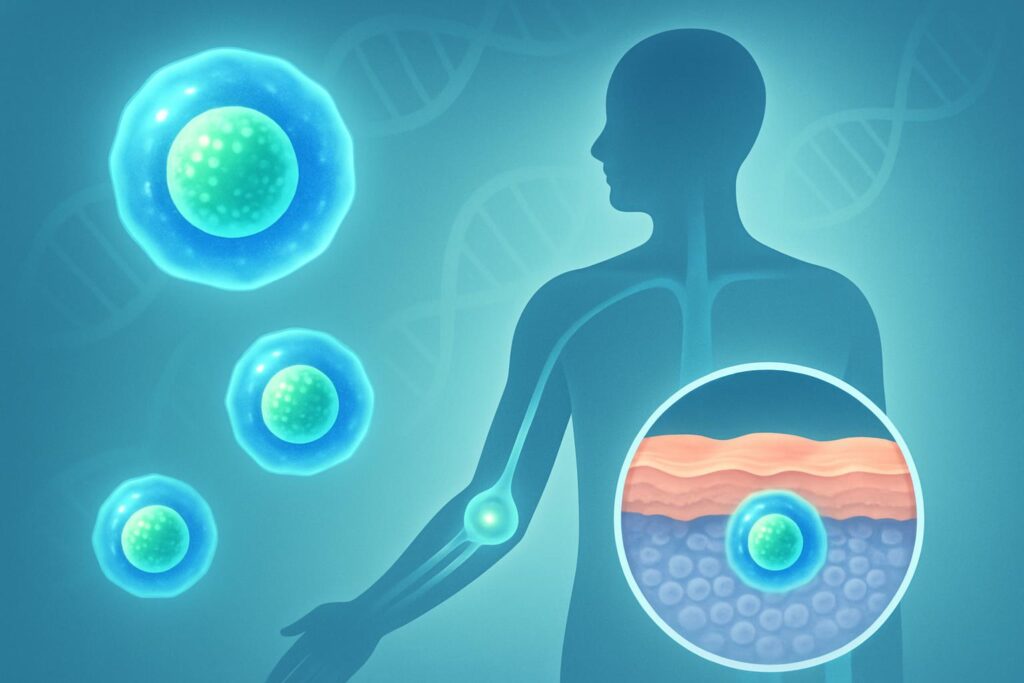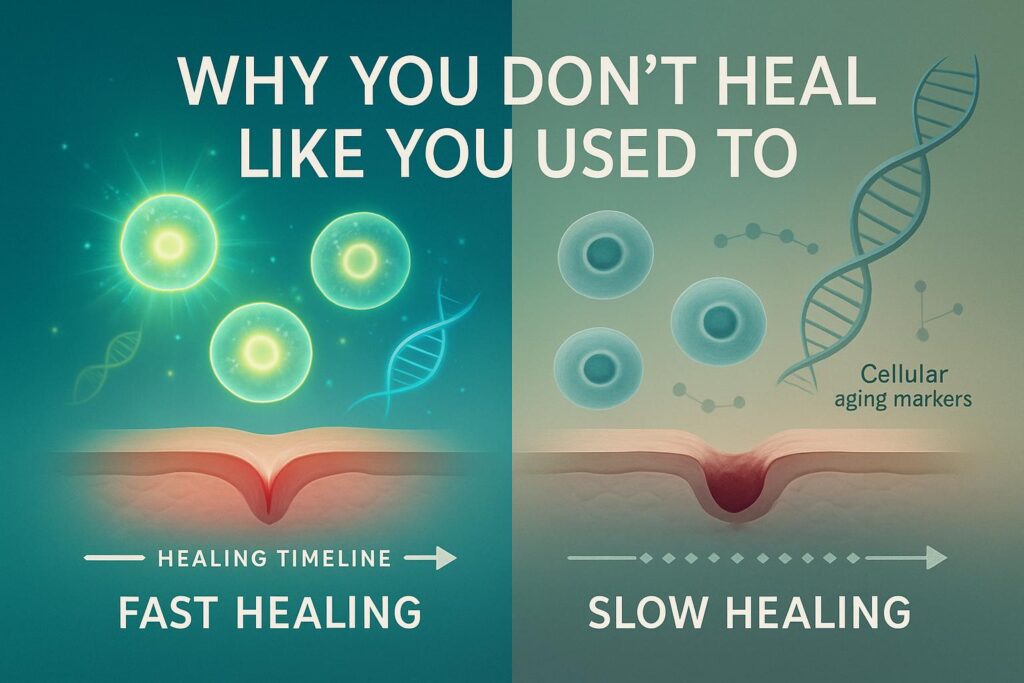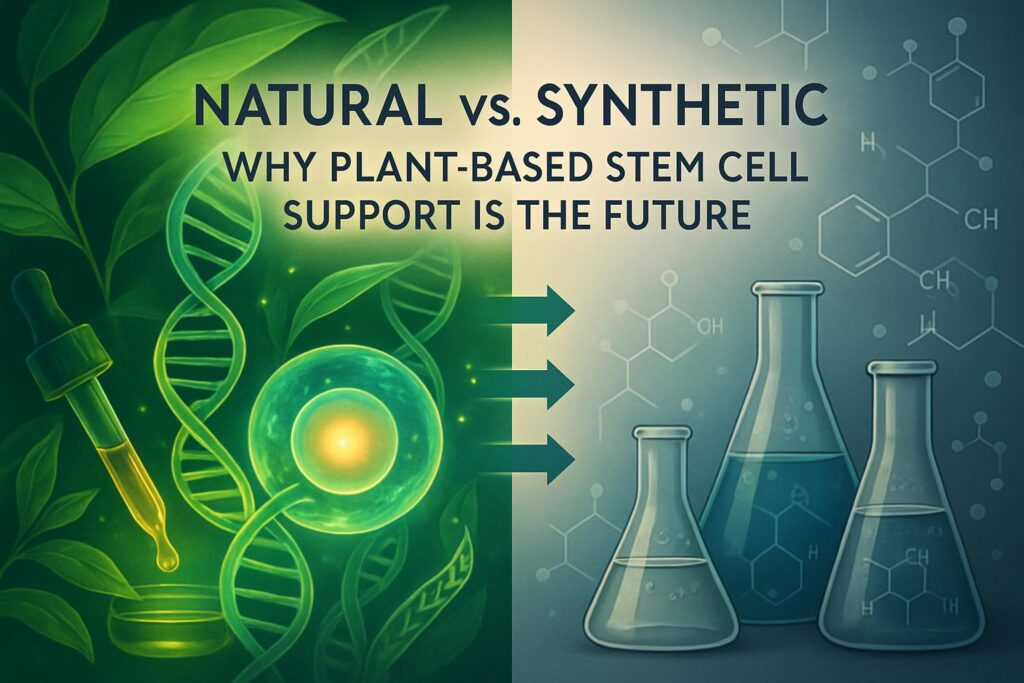If you’re dealing with a health condition and looking for ways to get relief, you may have heard of stem cell therapy. But what are stem cells, and how can they help? Let’s take a look at the different types of stem cells and how they can be used in therapy.
Mesenchymal Stem Cells (MSCs)
Mesenchymal stem cells are derived from adult tissue, such as bone marrow or fat, and are found in many organs throughout the body. They have been used for over 20 years to treat a wide range of conditions, including joint pain, autoimmune diseases, and degenerative diseases. MSCs work by releasing special molecules that reduce inflammation and promote healing. They also help stimulate new tissue growth in damaged areas.
Embryonic Stem Cells (ESCs)
Embryonic stem cells come from embryos created during fertility treatments. These cells can be used to create any type of cell in the body, which makes them incredibly valuable in medical research. However, because they come from human embryos, there is significant controversy surrounding their use. In some countries it is illegal to use ESCs for therapeutic purposes.
Induced Pluripotent Stem Cells (iPSCs)
Induced pluripotent stem cells are produced by taking an adult cell and reprogramming it into an embryonic-like state using genetic manipulation techniques. This allows scientists to make iPSCs that are specific to a patient’s own genetic makeup—which means they could potentially be used to create personalized treatments tailored specifically for each individual patient. However, these technologies are still relatively new and much more research needs to be done before iPSC therapies become widely available.
Stem cell therapy has been around for decades but is still relatively new compared to traditional forms of treatment like surgery or medication. This makes it difficult to predict whether or not it will work for any given situation—but if you’re dealing with a chronic condition that hasn’t responded well to other forms of treatment, it may be worth exploring this option further with your doctor or healthcare provider.
The three types of stem cells discussed here all have different potential uses in therapy; however, much more research needs to be done before we can understand the full potential of this exciting field of medicine.
Regardless, stem cell therapy is definitely something worth considering if you are looking for relief from a health condition that has been hard to treat through traditional methods!



